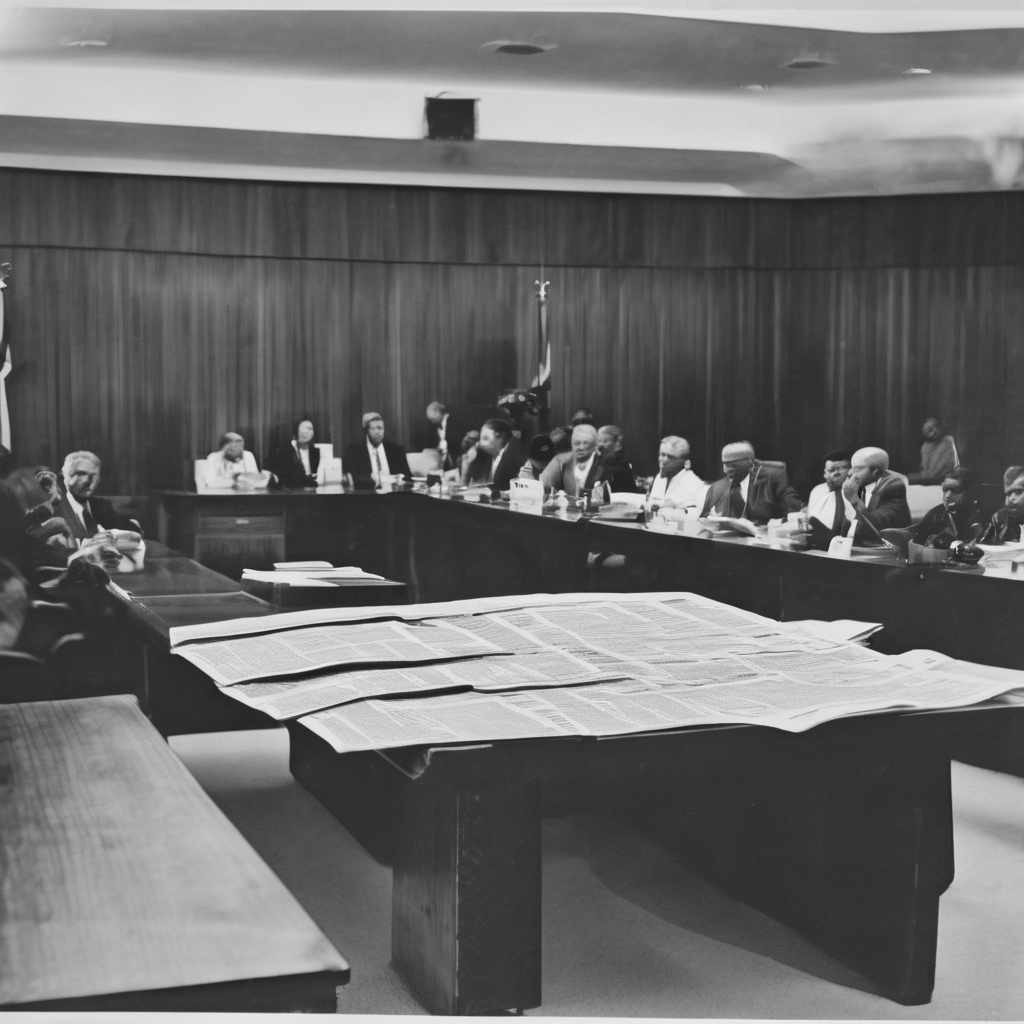The Pacific Islands News Association (PINA) has expressed profound concern over the recent decision by the Samoan government to ban the Samoa Observer, a longstanding independent newspaper in the country. This action has sparked outrage among regional media advocates, who argue that it poses a significant threat to press freedom, restricts public access to information, and undermines democratic accountability across the Pacific.
In its public statement, PINA called for the immediate lifting of the ban and urged the Samoan government to adhere to its promises of open dialogue and transparent governance. The association highlighted that Samoa possesses a legal framework established by the Media Council Act of 2015, designed to address media-related concerns. Under this Act, the Media Council is responsible for reviewing complaints regarding media accuracy and ethical standards, providing a legitimate avenue for redress that does not resort to punitive measures.
PINA underscored that concerns about media reporting should be resolved through engagement with the Media Council rather than through restrictive actions. Such bans are deemed disproportionate and set a dangerous precedent that could establish a pattern of silencing independent voices at critical times when public oversight is essential.
This situation ties into broader issues raised by PINA regarding media oppression across the Pacific region. The organization has recently spotlighted various threats to journalists, including those faced in Papua New Guinea, where there have been reports of increasing suppression of media freedom and harsh consequences for speaking out against power. These troubling trends reflect a worrying atmosphere that makes it ever more important to protect journalistic integrity and freedom of expression within the Pacific Islands.
PINA affirmed its commitment to support a dialogue aimed at enhancing the relationship between the government and the media in Samoa and across the Pacific region. They emphasize that the health of democracies depends on robust and independent media, encouraging governments to respect press freedoms as a foundational element of democracy.
The organization remains hopeful that advocacy for press freedom will lead to improved conditions for media operations and encourage a culture of accountability and transparency throughout the Pacific. The collective efforts of media organizations to confront these challenges signal a resilient push towards safeguarding democratic values in the region, reinforcing the importance of independent journalism as a pillar of societal well-being.
